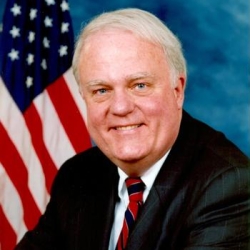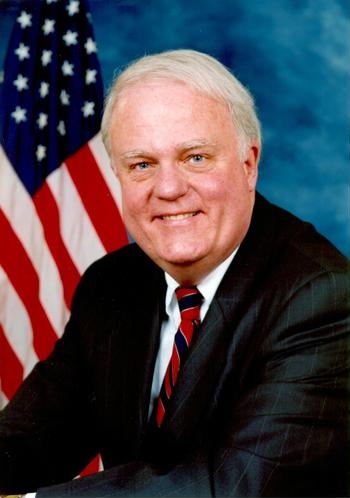Congressman Sensenbrenner Reintroduces MOTION Act in the House of Representatives
The MOTION Act would allow railroad employees to remain on duty and continue working in excess of federal hours of service limits to ensure their trains are not blocking crossings.
WASHINGTON, D.C. – Today, Congressman Jim Sensenbrenner reintroduced the Moving Obstructed Trains In-between Openings Now (MOTION) Act.
Due to current federal regulations, train operators are required to immediately stop operations when they reach a specified number of hours. This means that even if a train is blocking traffic or has not reached its final destination, it must stop.
The issue is particularly troublesome in Wisconsin, which is one of the nation’s largest exporters of stone, gravel, and sand. The increased traffic on Wisconsin’s railways has caused trains to stall on the tracks for hours, leading to significant disruptions for motorists and communities throughout the state.
The MOTION Act would allow railroad employees to remain on duty and continue working in excess of federal hours of service limits to ensure their trains are not blocking crossings when they have reached their hour allotments.
Congressman Sensenbrenner: “Blockages at crossing-grades are both inconvenient and dangerous for communities in Wisconsin, and nationwide. We must reform the arbitrarily-set federal regulations governing freight operators’ hours of service in order to decrease traffic interruptions and protect public safety.”
Congressman Sensenbrenner first introduced H.R. 390, the Moving Obstructed Trains In-between Openings Now (MOTION) Act, in the House of Representatives in 2015.
NOTE: This press release was submitted to Urban Milwaukee and was not written by an Urban Milwaukee writer. While it is believed to be reliable, Urban Milwaukee does not guarantee its accuracy or completeness.























